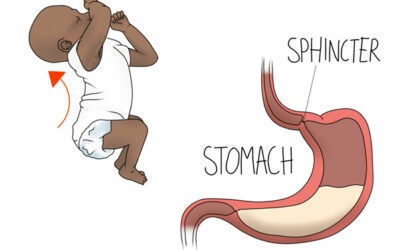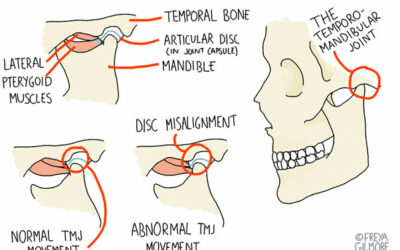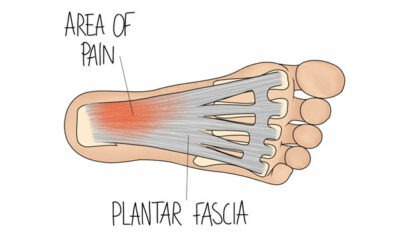 Arthritis is a common condition that causes pain, swelling, inflammation and often stiffness in joints of the body. The two most common types of arthritis are osteoarthritis and rheumatoid arthritis; other types include ankylosing spondylitis, gout, psoriatic arthritis and reactive arthritis.
Arthritis is a common condition that causes pain, swelling, inflammation and often stiffness in joints of the body. The two most common types of arthritis are osteoarthritis and rheumatoid arthritis; other types include ankylosing spondylitis, gout, psoriatic arthritis and reactive arthritis.
The most common form or arthritis in the UK is osteoarthritis. Often referred to as ‘wear and tear’ on the joints of the body, it is a degenerative joint condition most common in the over 50s affecting more women than men. Osteoarthritis most commonly affects the joints of the spine and neck, knees, hips and the base of the toes and hands.
Many arthritis sufferers turn to complementary medicine for the treatment of their condition and the management of their pain, often because they don’t want to take drugs long term or are concerned about side effects. Many people find that their symptoms aren’t fully controlled by conventional medicine.
Osteopathy for arthritis
Regular osteopathy treatments can be used to help manage arthritis and the associated symptoms, including joint pain, referred muscle pain, inflammation and lack of mobility. While not a cure for arthritis, osteopathy can help to relieve arthritic pain, ease any swelling and improve mobility and range of joint movement.
Many arthritis sufferers find osteopathy’s gentle manipulative and massage techniques helpful. An osteopath gently moving and stretching an arthritic joint and massaging the surrounding muscles and tissues can help to reduce joint stiffness and muscle tension, easing some of the discomfort that comes with arthritis.
Our osteopaths will also offer advice on how you can make lifestyle changes to improve your quality of life through diet, improved posture and exercise.
Chiropractic for arthritis
Chiropractors are trained to diagnose, treat, manage and prevent disorders of the musculoskeletal system. Using safe and gentle manipulation, chiropractors can help to free joints affected by arthritis that aren’t moving properly or functioning well.
The chiropractic manipulation of joints is intended to increase flexibility and range of movement. Chiropractors may use a variety of techniques including massage, ice therapy, and muscle stretching techniques. They can also offer advice about posture and lifestyle to help manage arthritic symptoms longer term.
Acupuncture for arthritis
While it can’t cure or reverse the process of arthritis, acupuncture can be used to relieve arthritic pain. Acupuncture works by helping the body’s natural energy to flow through the body via a network of channels under the skin. Acupuncture treatment helps to remove any blockages, restoring the natural balance and encouraging the body to heal itself.
Dietary supplements
Our practitioners recommend Solgar 7 vegetable capsules to their patients. This daily treatment can help to increase mobility, flexibility and range of motion in sensitive joints. Ask your practitioner if you’d like to know more about Solgar 7 supplements.
Affected by arthritis? Make an appointment to see one of our practitioners to discuss how our complementary therapies could help you manage your condition and relive your pain. Call us on 0113 237 1173.
For support and advice on living with arthritis, visit the Arthritis Research UK website.



0 Comments